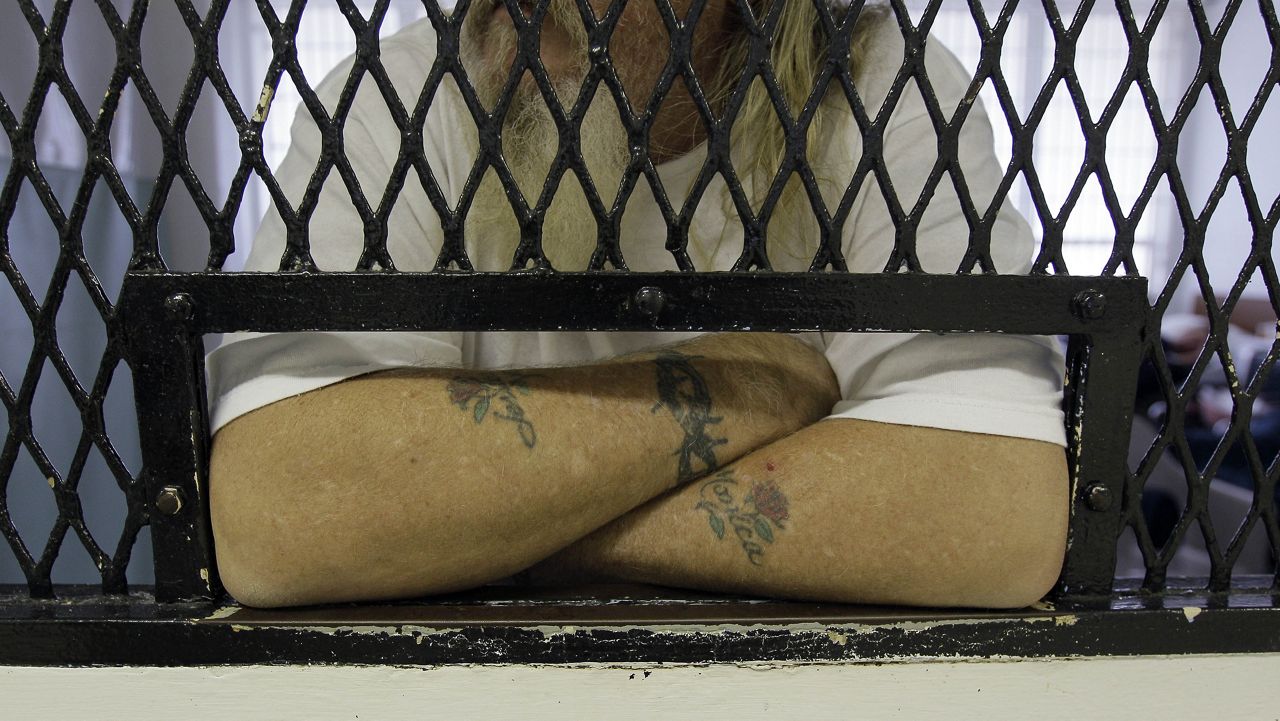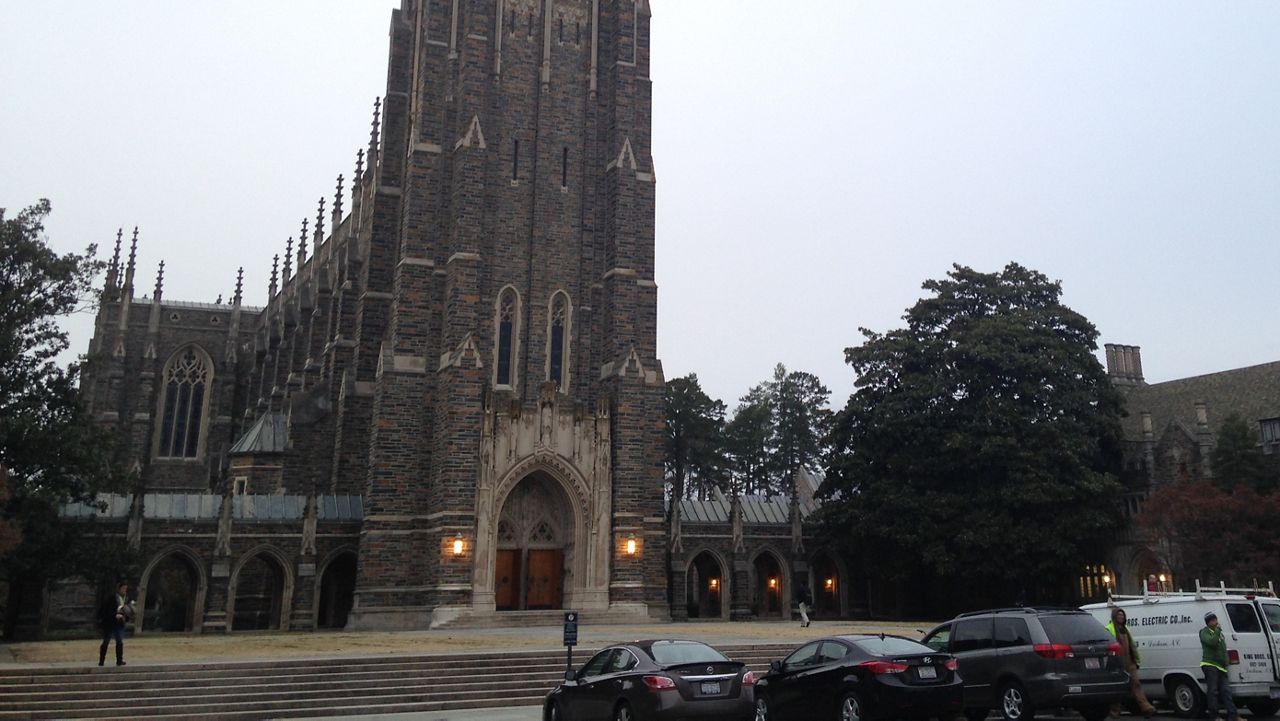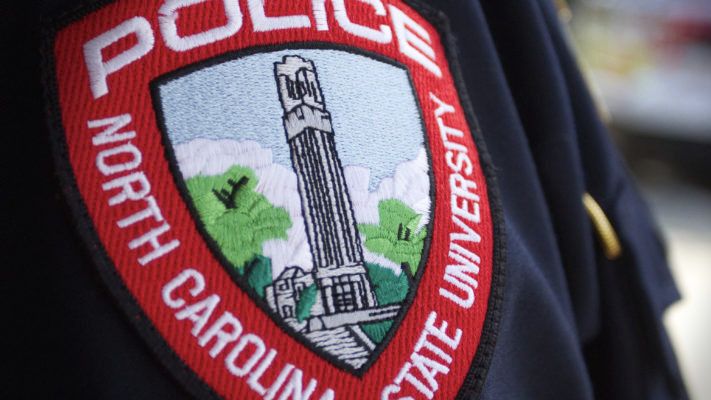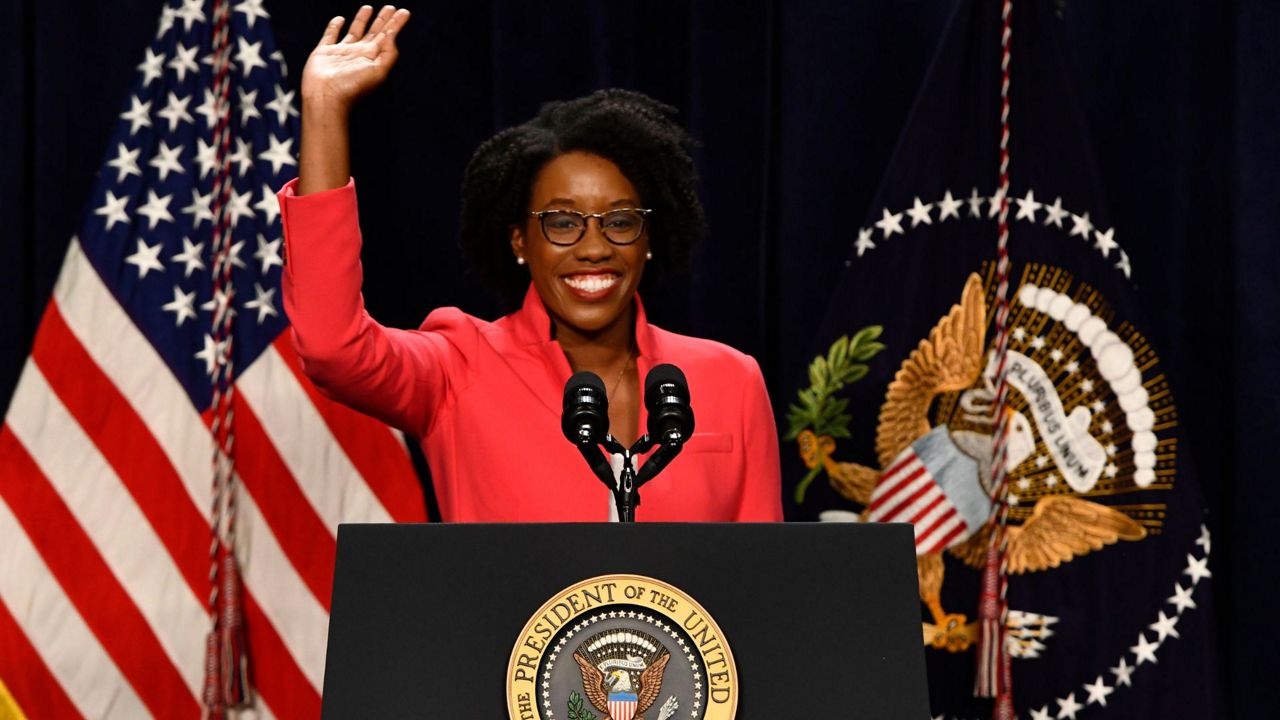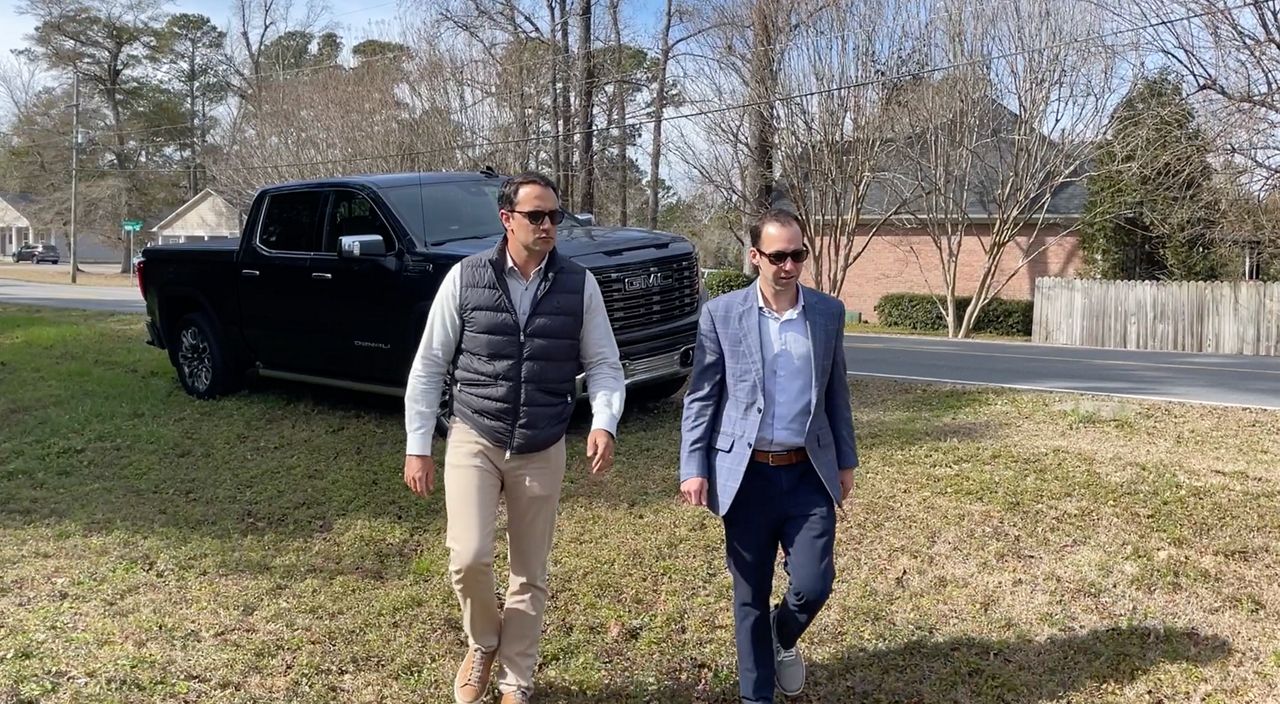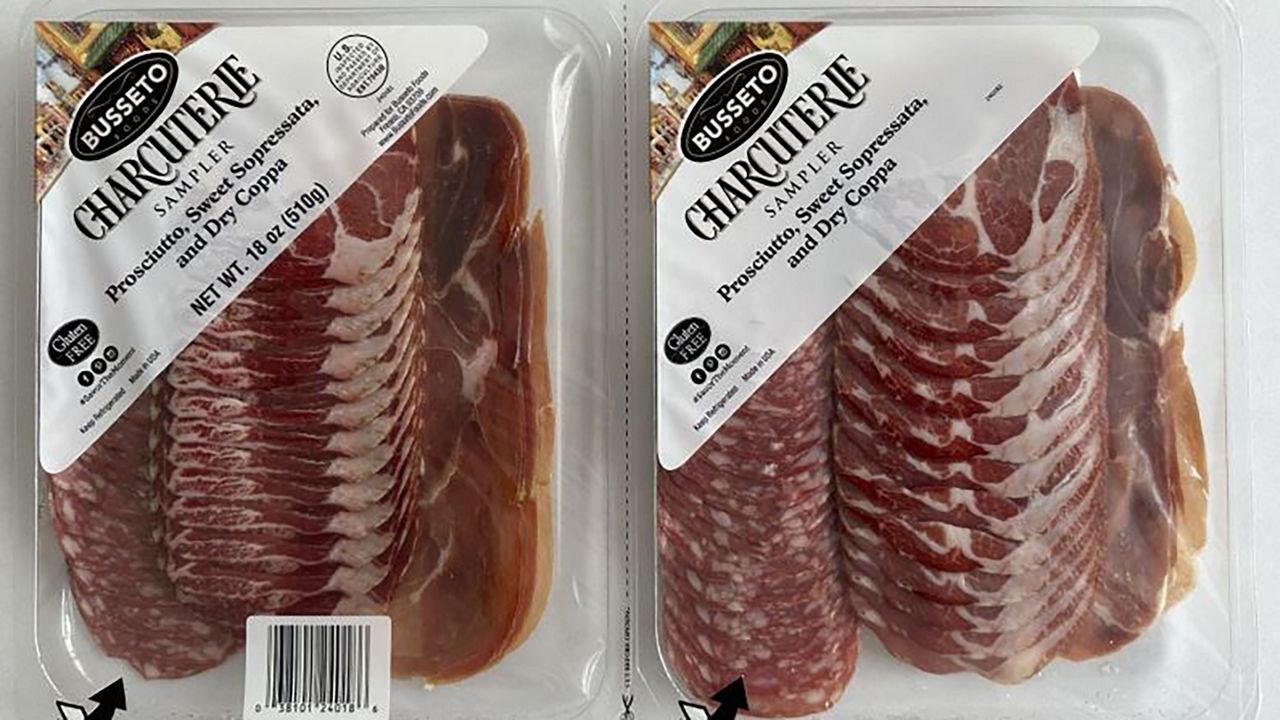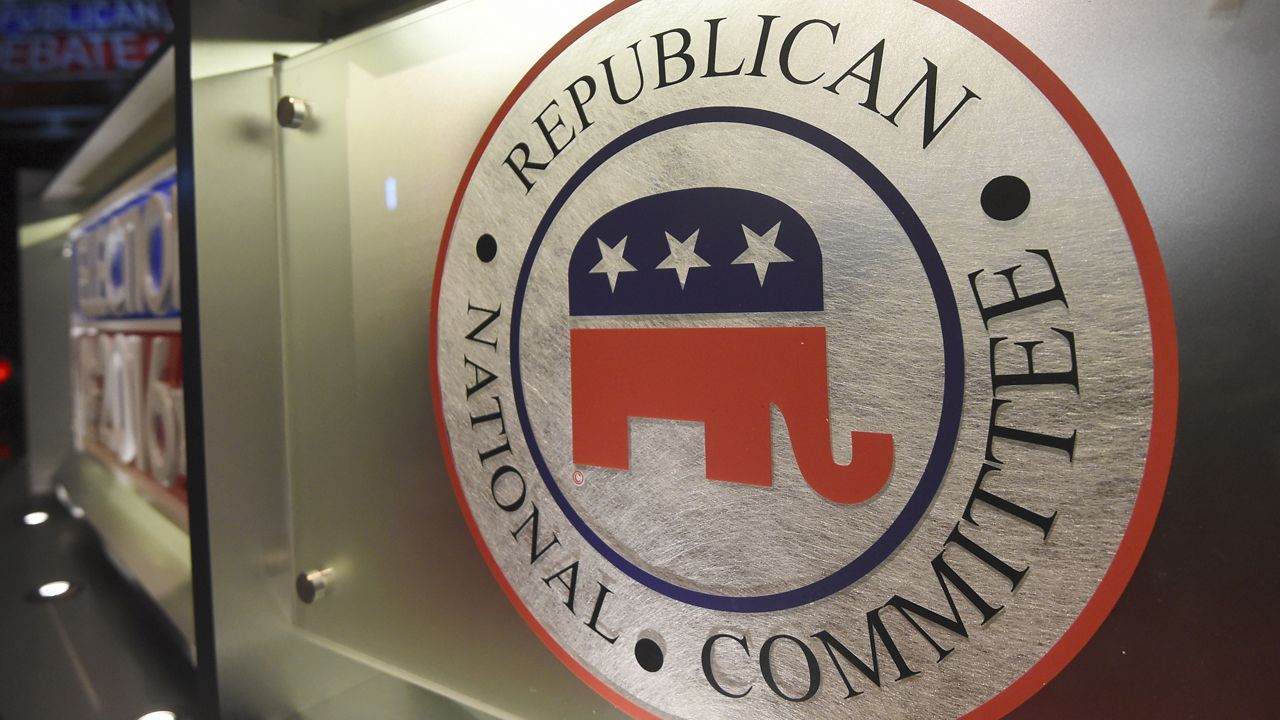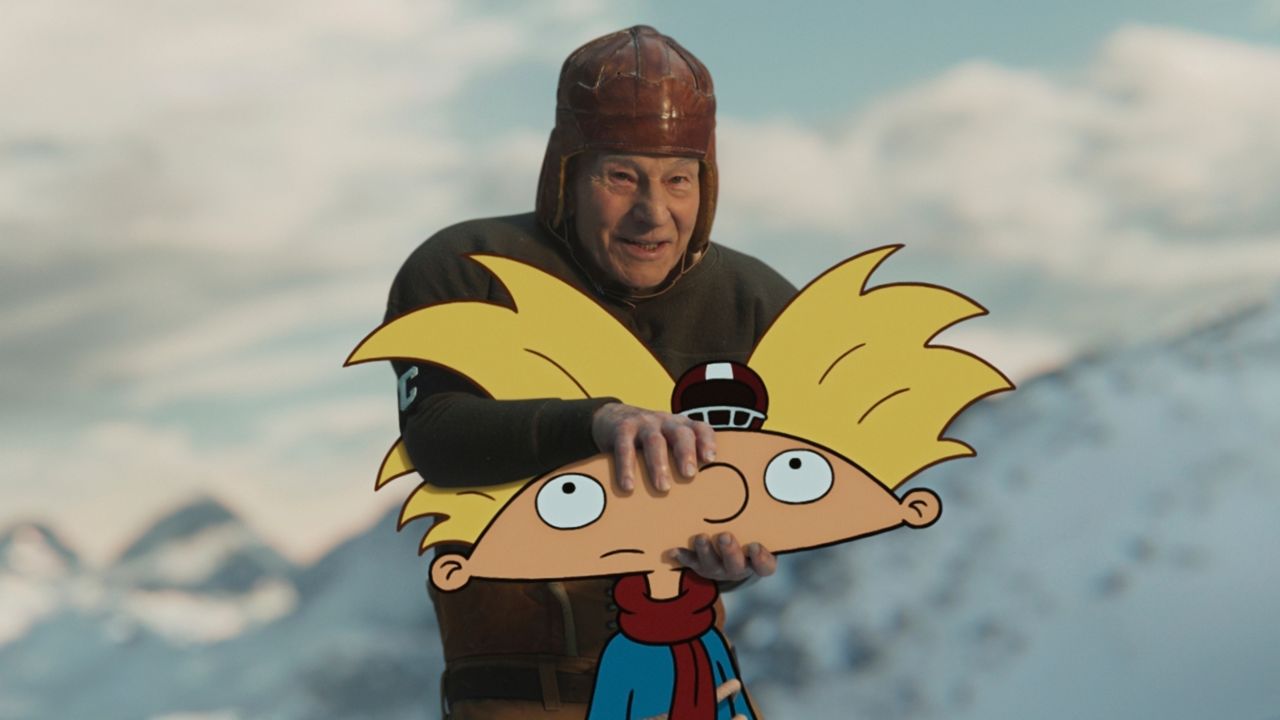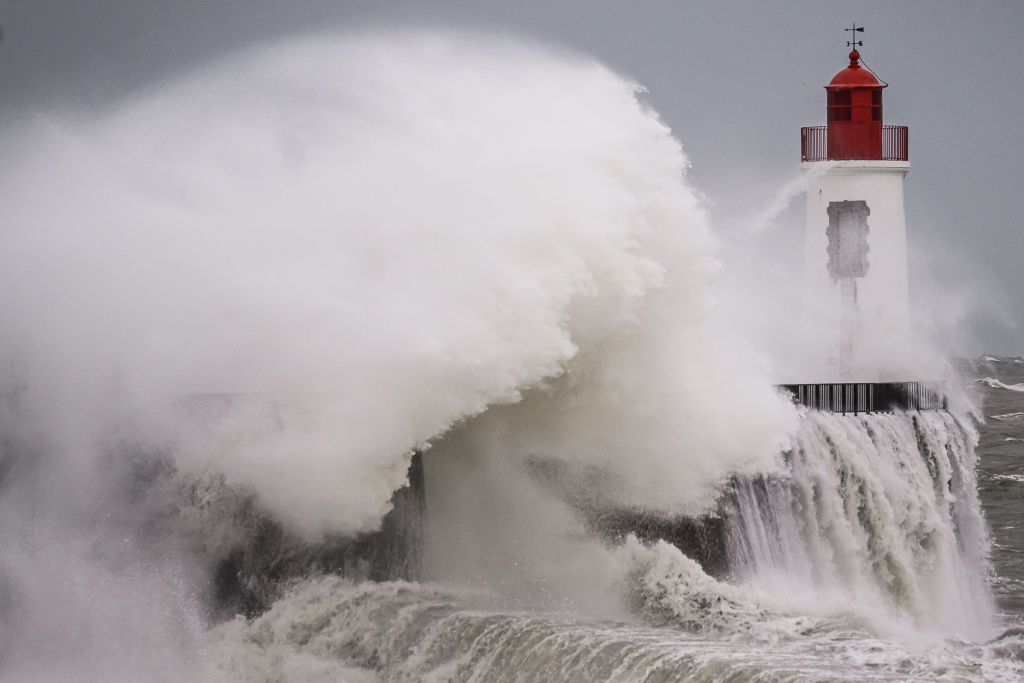
Critics’ Conversation: Finding Gems Beyond Spring TV’s True-Crime Glut
DANIEL FIENBERG Over the past few years, television has gotten over its insistence that international programming is just a feeder system for Americanized remakes. From Lupin to Squid Game, folks will watch shows with subtitles. Ten years ago, My Brilliant Friend would have been about two friends growing up against the tumultuous backdrop of … Orange County. We’re better off now!
Instead, a memo seems to have gone out saying, “You know what audiences like best about documentaries? The staged re-enactments!” Every other show this spring feels like it’s been based on a Dateline segment, podcast, documentary or docuseries, as if nonfiction programming were a pupa awaiting the emergence of storytelling’s idealized form: Emmy-bait limited series about murder or fraud, featuring big-name actors encased in latex.
Related Stories
Some of these adaptations are good (HBO’s The Staircase) and some are awful (Peacock’s Joe vs. Carole, NBC’s The Thing About Pam), but somehow even the ones that aren’t based on previous unscripted programming feel like they are (Hulu’s Candy).
ANGIE HAN A big part of me is so ready to be done with these based-on-a-true-story dramas, not least because there are so many of them at once. In real life, the downfalls of WeWork, Uber and Theranos were spread out over a few years; on TV, we got Apple TV+’s WeCrashed, Showtime’s Super Pumped: The Battle for Uber and Hulu’s The Dropout within the space of a couple of months.
And too often, it’s not clear what these shows even want to say about the stories they’re adapting beyond “Well, this happened” — or how they want to say it. Candy starts out as a promising examination of two women buckling under the pressures of wifehood and motherhood in 1980s Texas but then succumbs to leering at the nuttiness of the case. Starz’s Gaslit shines a light on some of the lesser-known stories around Watergate but can’t figure out how to connect them.
But the best of these bring me back around. The Dropout is the only one of the tech-scandal trifecta that avoids the trap of falling for its own awful but charismatic lead figure. Hulu’s The Girl From Plainville not only humanizes the characters at its center but brings you into the headspace that made such unthinkable actions feel thinkable. Under the Banner of Heaven (also on Hulu) might be among the most ambitious of them all, tracing a grisly crime back through the long, fraught history of the religious community in which it took place.
FIENBERG Gaslit took a great podcast and added … Sean Penn in a fat suit, which is like something out of the Showtime history-writ-in-latex playbook — one I’ve grown increasingly exhausted by. WeCrashed took an OK documentary and added … Jared Leto with a funny accent, something I’ve also grown increasingly exhausted by.
The question is whether there’s something to be gained from repurposing these stories. Or is it just a cynical hunch that viewers are still allergic to docs and true-crime devotees will watch anything in the genre, however shoddily made? Something like Joe vs. Carole is just exploitation, made all the sadder as Tiger King went from zeitgeist to something we were all vaguely embarrassed to have watched.
HBO Max’s The Staircase is very consciously about the way the entertainment industry constructs truth; when it’s focusing on the production of the seminal documentary series of the same name, the series is both telling the story and telling the story of how what you know of the story isn’t necessary “real.” It’s a layered examination of the intersection of artifice and actuality. Throw in Colin Firth and Toni Collette, and that’s a reason for existing!
As for The Dropout, it doesn’t reinvent the narrative wheel, but a cavalcade of great actors surrounding a never-better Amanda Seyfried made it a pleasure.
HAN I think “a reason for existing” is the key phrase here. Maybe that’s why some of the season’s more interesting shows are ones that feel grounded in a real-world context but give themselves room to play and innovate within it.
I was moved by the way Pachinko (Apple TV+) jumped back and forth through its timeline (in a departure from the Min Jin Lee novel on which it’s based) to reflect on the ways in which our pasts — as inpiduals, but also as entire communities and countries — never truly leave us, even as we try to forge new futures. I was tickled by HBO Max’s Our Flag Means Death, which uses a real 18th century pirate as a springboard for silliness but also for the kinds of progressive love stories we don’t often see in historical series. I appreciated how Minx, also on HBO Max, captured the style and the promise of the 1970s and how Peacock’s Killing It drew its bite from its critique of modern capitalism — both while also being just plain fun.
Which isn’t to say only shows that have historical or political relevance have purpose. It’s enough for something like Peacock’s Bust Down to deliver laughs while thumbing its nose at thorny issues or for Amazon’s The Outlaws to invite us to enjoy the fizzy chemistry that forms among its crew of outsiders.
FIENBERG As different as Pachinko is from its source material, they share an epic scope and emotional richness. With evocative period style, a deep and star-making ensemble and the most joyful credit sequence on television, the show continues a recent Apple TV+ hot streak that has included winter standout Severance, plus two more above-average literary adaptations in Slow Horses and Shining Girls.
Adapting from the page also yielded HBO’s solid, The Wire-adjacent We Own This City, from David Simon and George Pelecanos, and the visually rich, occasionally nuanced Tokyo Vice, which I’d like more if it weren’t built around Ansel Elgort’s stranger in a strange land. Adapting from the big screen gave us Showtime’s The Man Who Fell to Earth, which has some big ideas and an unexpectedly comic, physically layered lead turn from Chiwetel Ejiofor. And adapting from a bunch of tall tales related to The Godfather gave us the Wikipedia diorama that is Paramount+’s The Offer.
It’s notable how few of this spring’s shows were, in any traditional sense, “original.” I guess HBO Max’s directly biographical Julia, formulaic comfort food elevated by Sarah Lancashire’s appropriately larger-than-life turn as Julia Child, and Amy Schumer’s semiautobiographical Life & Beth, a sad-but-funny Hulu half-hour, count?
Mostly, my spring favorites have been the long-absent returning shows. Who would have guessed Netflix’s intricate dark comedy Russian Doll had a second season in it, much less one so personal and peculiar? Only brilliant multihyphenate Natasha Lyonne! Who would have thought FX’s Atlanta had so many standalone stories in it, much less the exploits of the gang traipsing through Europe? Donald Glover, Hiro Murai and company! FX’s Better Things kept me laughing and crying to the very end, HBO’s Barry is growing ever more assured in its blend of Hollywood satire, physical comedy and international intrigue, and AMC’s Better Call Saul is charging toward its conclusion with bracing momentum. What returning shows have been your palate cleansers between courses of true crime and adaptation?
HAN Definitely Better Call Saul, which didn’t start as an “original” show either. The fact that it remains one of the most gripping series on TV goes to show how little I know: If you’d asked me in 2015 whether the world needed a prequel about Saul Goodman, I’d have said no. I’d have been wrong.
For that matter, I was also skeptical when The Flight Attendant, Russian Doll and Barry were renewed beyond their first seasons — and yet the latest seasons of all three have managed to not only keep the momentum going but take it in weirder or deeper directions. (I was more correct about BBC America’s Killing Eve, which recently came to a womp-womp of an ending.) Peacock’s Girls5eva, HBO Max’s Hacks and Netflix’s Bridgerton all seemed designed for multiple seasons from the jump, so it’s less a surprise, but a relief, that those are still going strong.
But you asked about palate cleansers, and so I need to at least mention the joys of Netflix’s Heartstopper. It’s neither a true-crime drama nor a returning series, nor is it something wildly unique in the small-screen landscape. It’s just a solidly endearing YA romance, built on tried-and-true basics like obvious chemistry and the relatable ups and downs of adolescent self-discovery. Forget algorithm-driven trends, sensationalistic source material or A-list ensembles: Sometimes all you really need to make a TV series a winner are a bunch of sweet, sympathetic characters you don’t mind spending time with for hours on end.
This story first appeared in the May 17 issue of The Hollywood Reporter magazine. Click here to subscribe.







